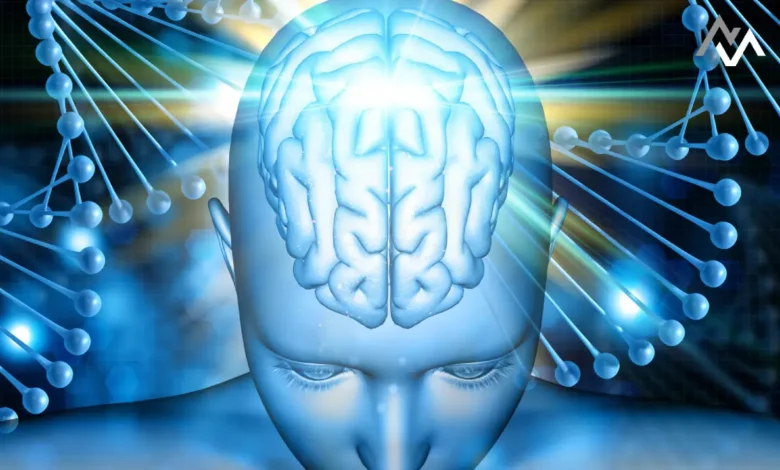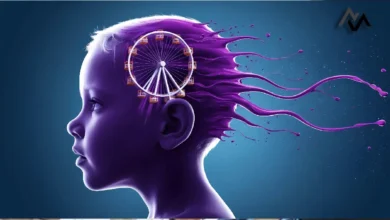Gut Microbiome and Brain Evolution: Unlocking the Connection

The human brain’s remarkable complexity has long fascinated scientists, with its evolution tied to numerous factors. Recent research suggests an intriguing link between the gut microbiome—the trillions of microorganisms inhabiting our digestive systems—and the evolution of brain size and cognitive abilities in humans and other primates.
Microbiome and Cognitive Development
Emerging studies reveal the microbiome’s influence on early brain development and cognition. The gut-brain axis, a communication network between the gastrointestinal system and the central nervous system, plays a crucial role in neurodevelopment. Gut microbes influence neural pathways, immune responses, and even behavior through metabolites like short-chain fatty acids. These metabolites can impact brain regions responsible for memory, learning, and emotional regulation.For example, research has found that specific bacterial species, such as Alistipes obesi and Blautia wexlerae, are associated with enhanced cognitive function in children. By studying microbial diversity and its effects on brain structure, scientists aim to identify biomarkers for early neurodevelopment and potential interventions for cognitive disorders
Evolutionary Insights from the Microbiome
The evolution of larger brains in humans compared to other primates may partially stem from changes in diet and gut microbiota. As early humans adopted more diverse diets, including meat and cooked foods, their microbiomes adapted to process these new nutrients. This adaptation may have provided the energy surplus required for brain expansion.
Studies of ancient primates show that brain size and structure correlate with dietary patterns. For instance, the development of brain regions associated with vision and motor control paralleled dietary shifts. The microbiome’s role in metabolizing complex carbohydrates and synthesizing essential vitamins likely supported this evolution
Practical Implications
Understanding the microbiome’s role in brain development has far-reaching implications:
- Early Childhood Development: Targeted probiotics or dietary interventions could enhance cognitive outcomes in children.
- Neurodevelopmental Disorders: Insights into the gut-brain axis could lead to treatments for autism, ADHD, and other conditions.
- Aging and Brain Health: Maintaining a healthy microbiome may protect against cognitive decline and neurodegenerative diseases like Alzheimer’s.
Bridging Biology and Technology
Advancements in sequencing technologies have enabled detailed analysis of the gut microbiome and its genetic potential. Machine learning models are now used to predict brain region volumes and cognitive traits based on microbial profiles. These tools are revolutionizing our understanding of the gut-brain connection and opening new research avenues
Conclusion
The interplay between the gut microbiome and brain evolution highlights the intricate connections between diet, microbiota, and cognitive development. This field not only sheds light on our evolutionary past but also offers promising strategies for enhancing brain health in the future.




